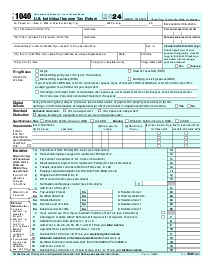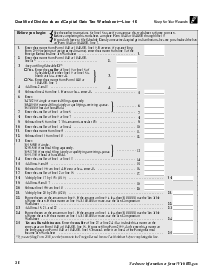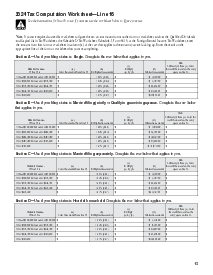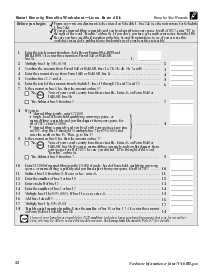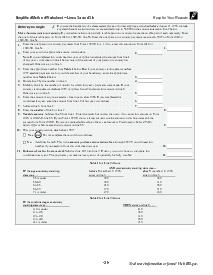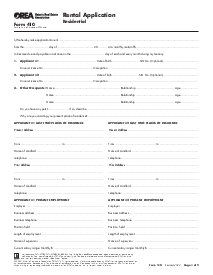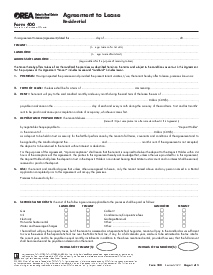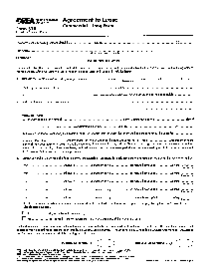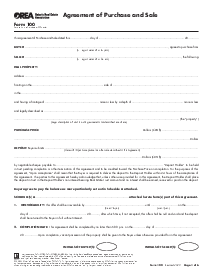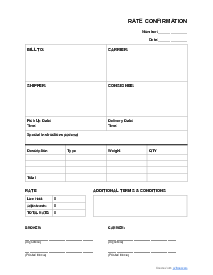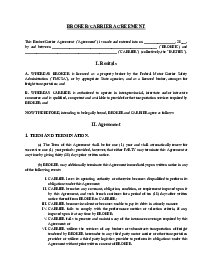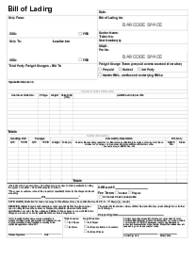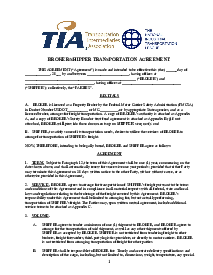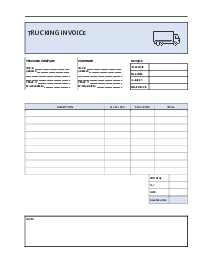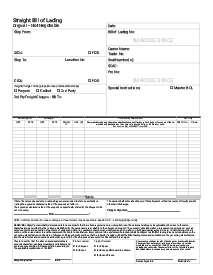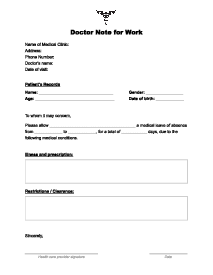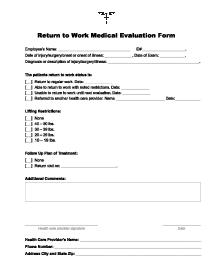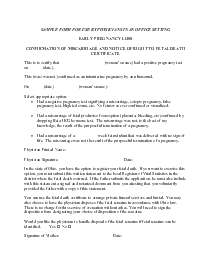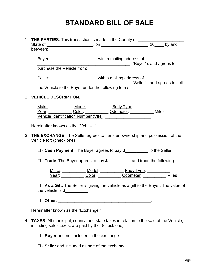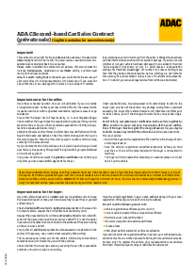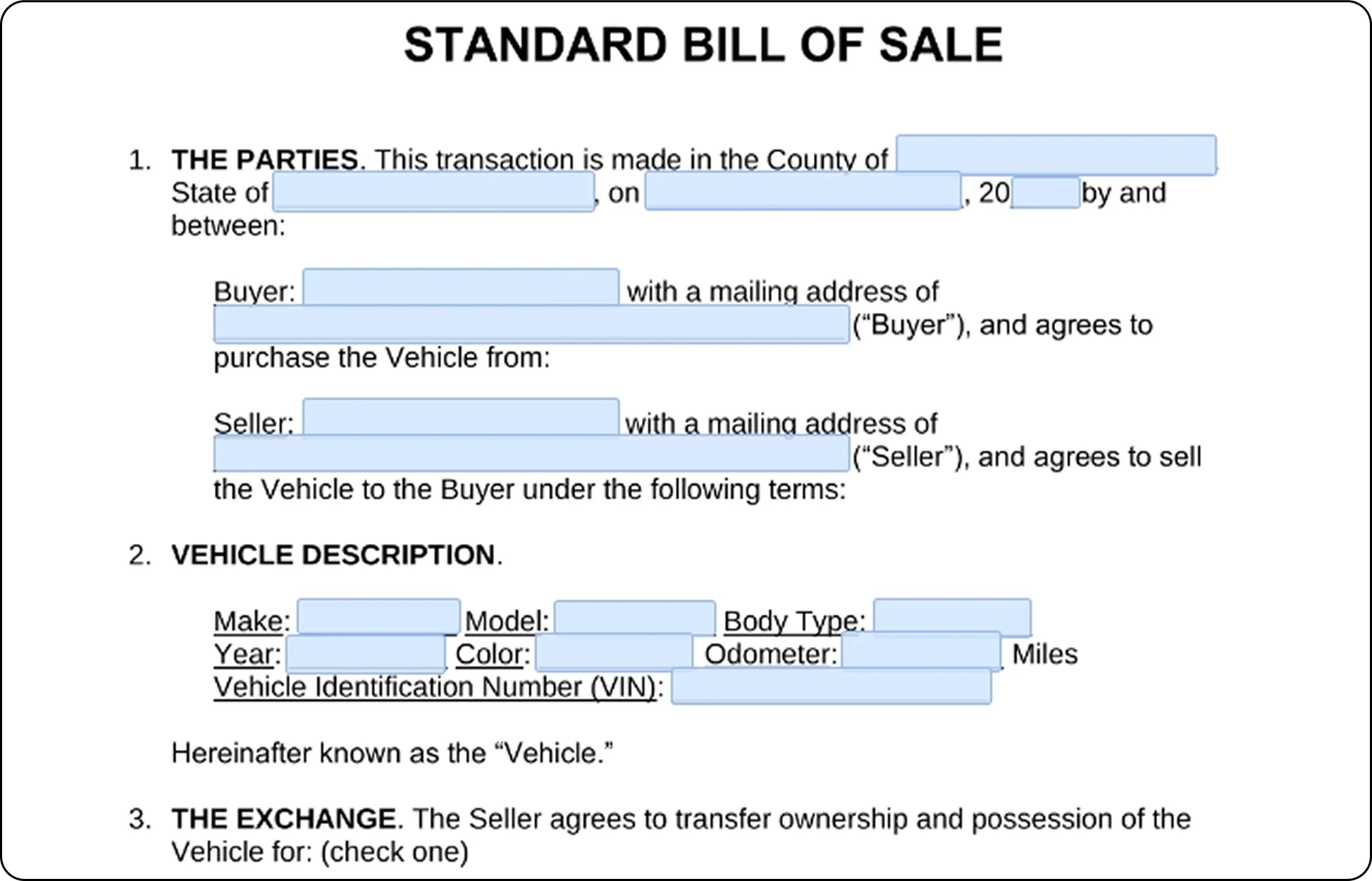-
Templates
1099 FormsAccurately report 1099 information returns and ensure IRS filing with easeExplore all templatesW-9 W-8 FormsEasily manage and share taxpayer details to streamline payments and meet IRS requirements with confidenceExplore all templatesOther Tax FormsFillable tax forms simplify and speed up your tax filing process and aid with recordkeeping.Explore all templatesReal EstateReal estate templates for all cases, from sale to rentals, save you a lot of time and effort.Explore all templatesLogisticsSimplify your trucking and logistics paperwork with our ready-to-use transportation and freight templates.Explore all templatesMedicalMedical forms help you keep patient documentation organized and secure.Explore all templatesBill of SaleBill of Sale templates streamline the transfer of ownership with clarity and protection.Explore all templatesContractsVarious contract templates ensure efficient and clear legal transactions.Explore all templatesEducationEducational forms and templates enhance the learning experience and student management.Explore all templates
-
Features
FeaturesAI-Enhanced Document Solutions for Contractor-Client Success and IRS ComplianceExplore all featuresAI Summarizer Check out the featureAI PDF summarizer makes your document workflow even faster. Ask AI to summarize PDF, assist you with tax forms, complete assignments, and more using just one tool.Sign PDF Check out the featurePDFLiner gives the opportunity to sign documents online, save them, send at once by email or print. Register now, upload your document and e-sign it onlineFill Out PDF Check out the featurePDFLiner provides different tools for filling in PDF forms. All you need is to register, upload the necessary document and start filling it out.Draw on a PDF Check out the featureDraw lines, circles, and other drawings on PDF using tools of PDFLiner online. Streamline your document editing process, speeding up your productivity
- Solutions
- Features
- Blog
- Support
- Pricing
Bill of Sale vs. Purchase Agreement: What’s the Difference?
.png)
Dmytro Serhiiev
Last Update: Dec 4, 2024
On the scene of legal documentation for transactions, a common question often arises: Is a purchase agreement the same as a bill of sale? In this post, we’ll delve into the distinctions and purposes of the two docs while unveiling crucial insights for both buyers and sellers. Stay tuned for an in-depth purchase agreement vs bill of sale comparison.
Key Takeaways
- A purchase agreement outlines terms for a potential deal; a bill of sale confirms the transfer of ownership after a transaction.
- Purchase agreements are drafted before a transaction to facilitate complex deals; bills of sale are used post-transaction to document ownership change.
- Purchase agreements can include contingencies and are suited for complex transactions; bills of sale are used for straightforward asset transfers without contingencies.
- Both documents play crucial roles in ensuring clear, protected, and efficient exchanges, as illustrated in real estate transactions.
What Is a Bill of Sale?
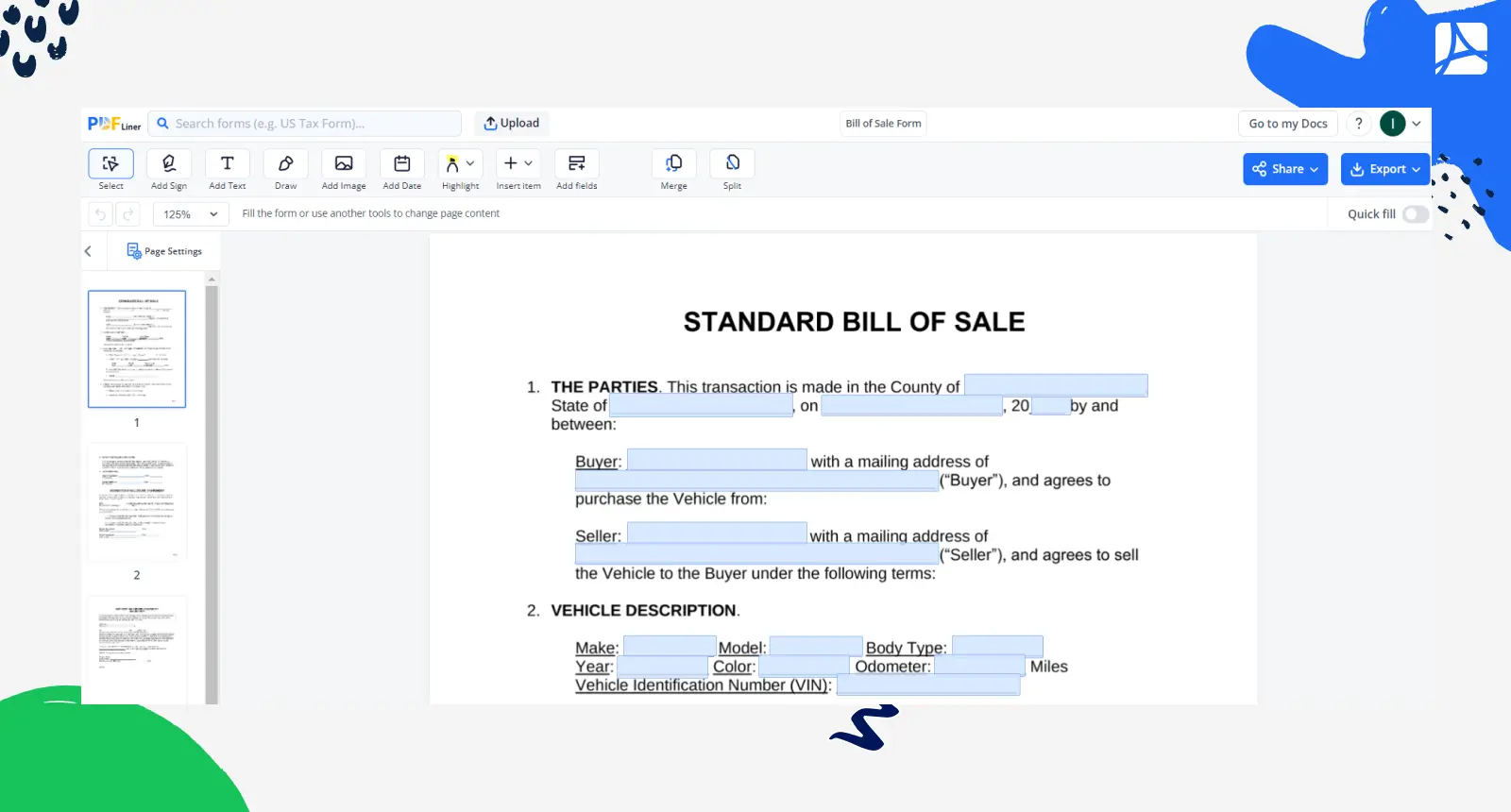
It’s a legally binding document that signifies the transfer of ownership from a seller to a buyer for a specific item or property. Its primary purpose is to establish a clear record of the transaction and safeguard the interests of both parties. The doc serves as tangible proof of the transfer and outlines vital details, such as the names and contact information of the parties involved, a description of the item, date, purchase price, and any warranties or conditions.
Below, you’ll find the main uses of a bill of sale:
- facilitates the smooth transfer of ownership rights;
- ensures legal defense if disputes or claims arise;
- acts as evidence for tax, registration, or insurance purposes;
- supports the buyer's ability to prove ownership when registering the item;
- valuable in transactions involving vehicles, personal property, electronics, and more.
A well-executed form contributes to transparency and clarity in transactions, ensuring a secure exchange of property between parties.
What Is a Purchase Agreement?
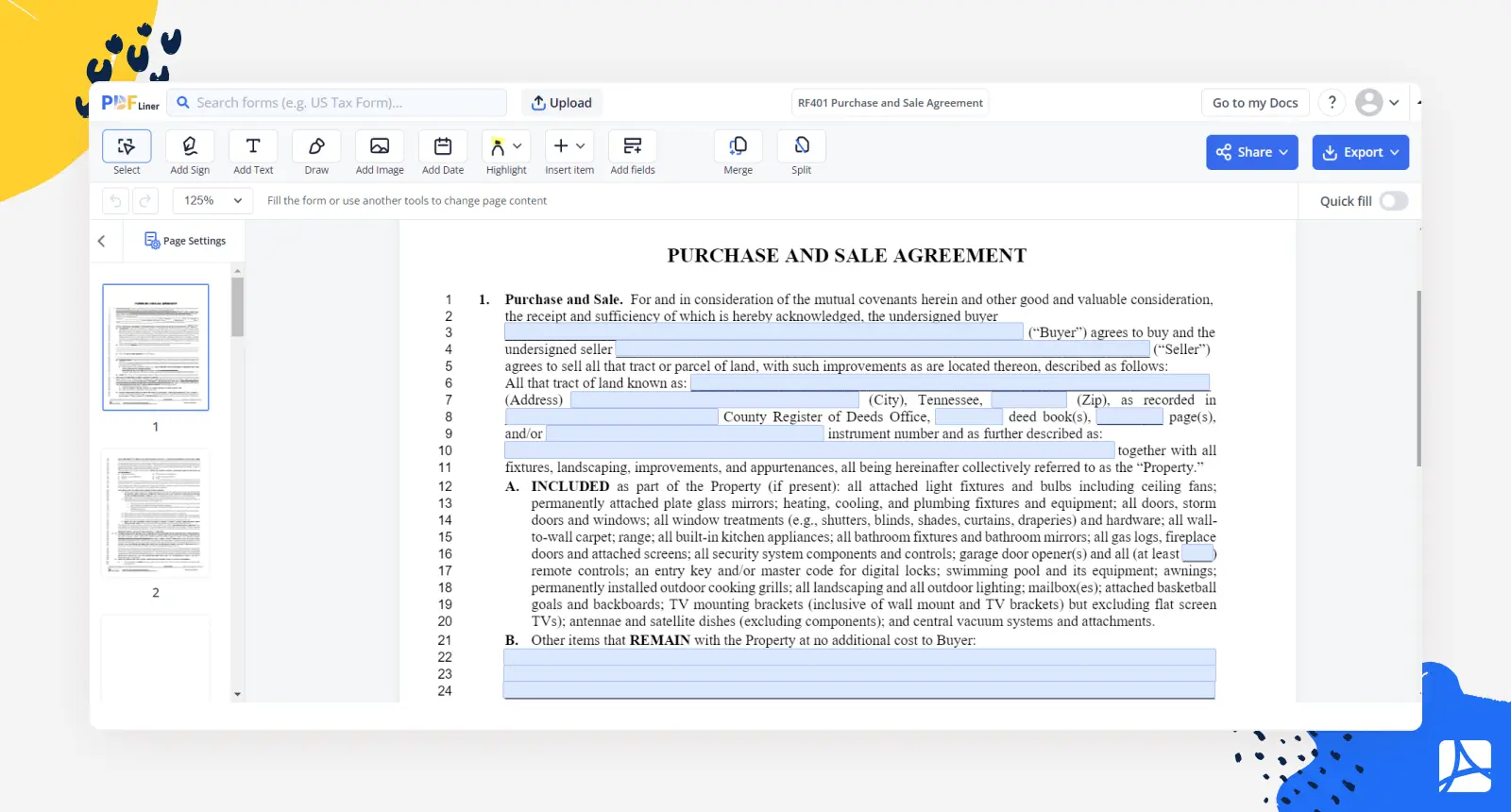
A purchase agreement is a legally binding contract that records the terms and conditions governing a deal between a buyer and a seller. Its primary purpose is to establish a comprehensive framework for the transaction, protecting the interests of both parties involved. A purchase agreement delineates essential aspects such as the parties' identities, item descriptions, purchase prices, payment terms, delivery details, and any contingencies.
The main uses of the doc are as follows:
- provides a structured roadmap for the sale process;
- minimizes potential misunderstandings and disputes;
- sets clear expectations regarding the responsibilities of each party;
- offers legal recourse in case of breach or non-compliance;
- Is vital in real estate transactions, business acquisitions, and high-value purchases.
By delineating the rights and obligations of both a buyer and a seller, a well-constructed purchase agreement promotes transparency and accountability, fostering a secure and efficient exchange of assets or services.
Purchase and Sale Agreement Forms
Bill of Sale vs Purchase Agreement: The Same or Different?
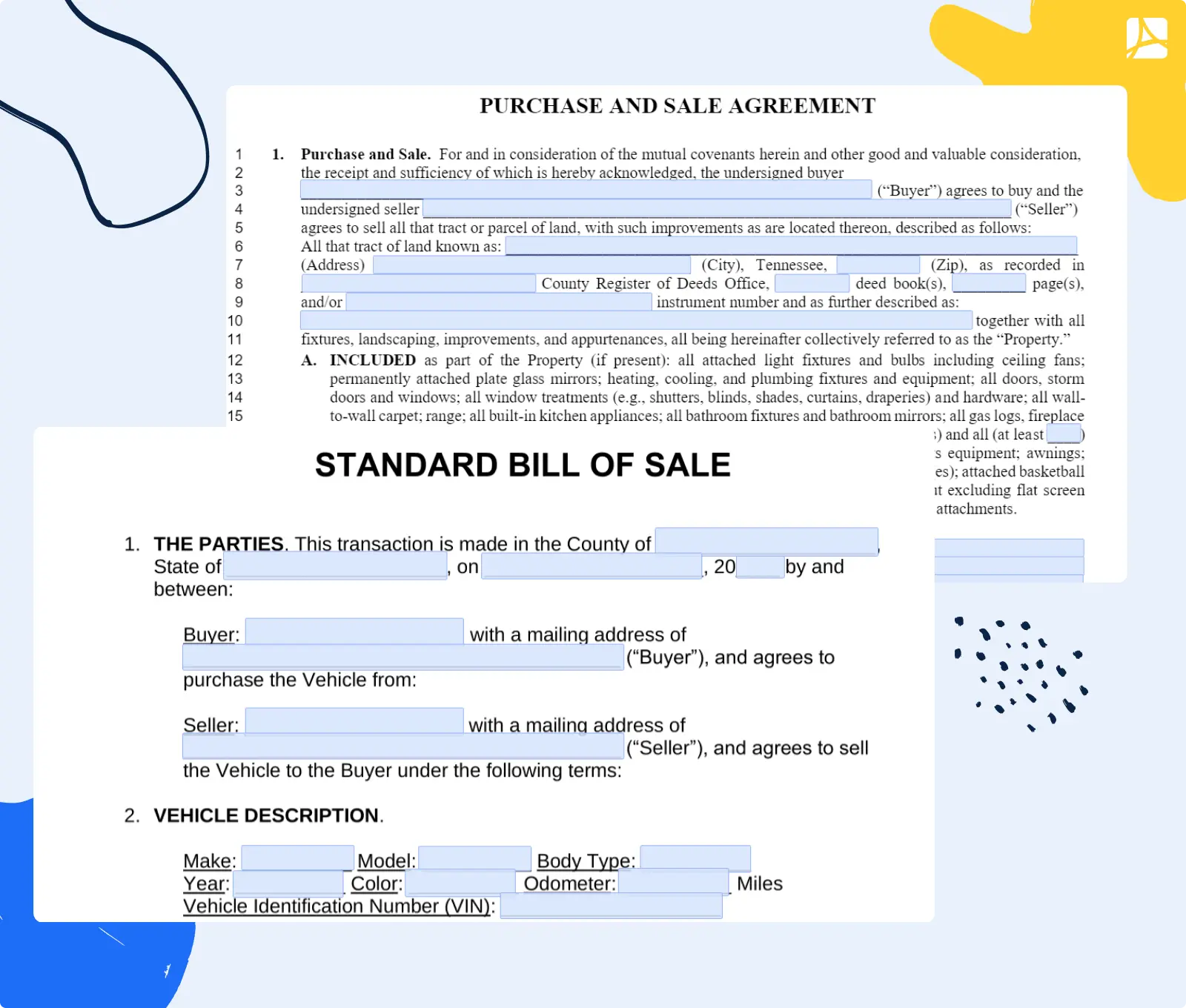
Now that we’ve explored the definitions and uses of both documents, it might seem that they are pretty much the same. They have too many similarities terms- and structure-wise. Nevertheless, there are certain differences in both the timing and purpose of both docs. Keep reading for the issue of similarities and differences between a bill of sale and a purchase agreement.
Similarities
- Legal Validity. Both documents are legally enforceable in court.
- Transaction Details. Both outline essential transaction elements, such as parties' identities, description of the item, and purchase price.
- Party Responsibilities. Both specify the responsibilities and obligations of both a buyer and a seller.
- Transfer of Ownership. Both establish the transfer of ownership from the seller to the buyer.
- Signatures. Both require the signatures of the involved parties as a confirmation of their agreement.
- Binding Nature. Both create a legally binding relationship between the parties, ensuring adherence to the agreed-upon terms.
- Protection. Both offer protection to the parties in case of disputes or disagreements.
- Conditions and Contingencies. Both can include conditions or contingencies that must be met for the agreement to be executed.
- Documentation. Both serve as important documentation for record-keeping and future reference.
- Clarity and Transparency. Both promote transparency and clarity in the transaction process.
You might wonder, is a retail purchase agreement the same as a bill of sale? Not exactly. Here are the differences.
Differences
- Nature: A purchase agreement is a contract that outlines the terms and conditions of a potential deal. Meanwhile, a bill of sale is a document that confirms the transfer of ownership from a seller to a buyer.
- Timing: A purchase agreement is typically drafted before the actual transfer of ownership occurs. A bill of sale is generated after the transaction took place, serving as proof of the completed deal.
- Flexibility: Purchase agreements can include contingencies and conditions that must be met before the deal is finalized. A bill of sale does not typically include contingencies; it confirms that the transfer has occurred as agreed.
- Scope: A purchase agreement is often utilized in complex transactions, such as real estate or business acquisitions. While a bill of sale is commonly used for simpler transactions involving personal property or assets.
- Future vs Past-Oriented: A purchase agreement focuses on the steps leading up to the sale, including due diligence and inspections. Meanwhile, a bill of sale highlights the actual transfer of ownership and agreed-upon terms.
In the complex world of transactions, a purchase agreement and a bill of sale each serve distinct roles. The former sets the stage for a potential transaction, laying out terms and conditions, while the latter records the conclusive transfer of ownership. While both documents are pivotal in their respective phases, they ensure clarity, protection, and a seamless exchange of assets between the parties.
Real-Life Use Cases
Imagine a scenario where Rachel, an entrepreneur, is interested in purchasing a commercial property to expand her business. She discovers a suitable property and enters negotiations with the owner, John. To ensure a smooth transaction, both Rachel and John turn to PDFLiner's extensive catalog of free legal document templates, which include a comprehensive purchase agreement and a detailed bill of sale.
Using the purchase agreement:
- Negotiation Platform. Rachel and John use the purchase agreement template from PDFLiner to outline the terms of the potential deal. This document encompasses crucial details like the purchase price, payment schedule, and any contingencies such as property inspections or financing arrangements.
- Flexibility. The template allows them to specify timelines for due diligence, allowing Rachel to thoroughly assess the property's suitability for her business needs.
- Legal Framework. By detailing the responsibilities of both parties, this purchase agreement minimizes misunderstandings and ensures a clear roadmap for the transaction.
Using the bill of sale:
- Transaction Completion. Once Rachel is satisfied with her due diligence and decides to proceed with the purchase, she and John use PDFLiner's bill of sale template to create a legally binding record of the transfer.
- Ownership Transfer. The doc captures specific information, such as the property's legal description, the agreed-upon price, and the date of transfer, solidifying Rachel's ownership of the property.
- Legal Proof. This document becomes essential proof of the completed transaction, vital for future legal and tax purposes.
In this scenario, PDFLiner's user-friendly interface and free document templates empower both parties, facilitating a transparent and secure property transaction. The purchase agreement aids in negotiation and preparation, while the bill of sale ensures a well-documented transfer, underscoring the importance of proper documentation in real estate transactions.
FAQ
Does a bill of sale need to be notarized?
No, it doesn’t. However, it can add an extra layer of authenticity and legal assurance to the document. Plus, some jurisdictions may require notarization for specific transactions or valuable assets, ensuring validity and reducing the potential for disputes.
Where to get a bill of sale template?
Accessing the template is effortless with PDFLiner. This user-friendly platform offers a diverse range of customizable templates. This saves time and ensures compliance with legal requirements, making PDFLiner an ideal service for crafting accurate and tailored documents.
Do I need both a bill of sale and a purchase agreement?
Certainly! While not always mandatory, using both these documents enhances the transaction's clarity and security. A purchase agreement outlines terms pre-sale, while a bill of sale confirms the ownership transfer.














